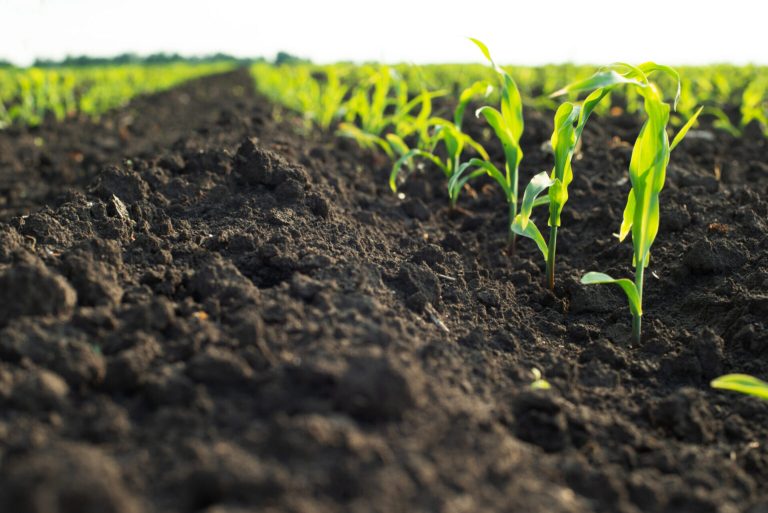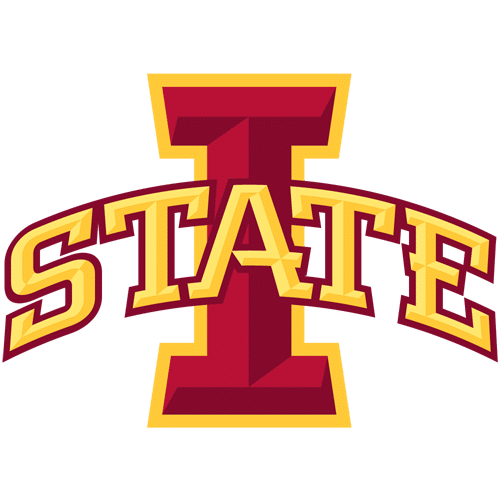IARN — U.S. Department of Agriculture (USDA) officials late Friday rolled out the Coronavirus Food Assistance Program (CFAP). The new program, which utilizes funding and authorities provided in the Coronavirus Aid, Relief, and Economic Security Act, will assist farmers, ranchers, and consumers affected by COVID-19. It consists of two components, shares Secretary of Agriculture Sonny Perdue.
“There will be 16-billion-dollars in direct payments to our farmers and ranchers who have experienced unprecedented losses during this pandemic. For this portion of the program, our economists in USDA evaluated commodity-specific losses occurring during the mid-January to mid-April timeframe for immediate assistance,” Perdue said.
Agricultural entities of varying sizes and market outlets can apply for assistance. Furthermore, eligible producers must prove actual losses. Perdue adds this portion of the program also considers losses to be accrued.
Perdue will encourage his staff to work “expeditiously” to provide relief payments to farmers and ranchers “as quickly as possible.”
“Frankly – By the time the rule gets published and software gets developed, I’m hoping we can get checks by the end of May. It’s an arduous process, but we’re committed to move out on this as quickly and expeditiously as possible.”
Additionally, the Department of Agriculture will purchase domestic foods to “help maintain the integrity of the U.S. food supply chain.”
“USDA has committed to purchase three-billion-dollars in fresh produce, specialty crops, dairy, as well as meat protein – to be distributed to Americans in need. This distribution will be in conjunction with the private sector and go to food banks and other non-profit, faith-based, and community operations. We’ll partner with local and regional distributors whose workforce has been significantly impacted by the closure of many of their customers,” Perdue said.
Story courtesy of the Iowa Agribusiness Radio Network.












